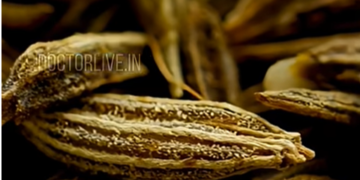Pneumonia is an infection that causes inflammation in the air sacs (alveoli) of one or both lungs. These air sacs may fill with fluid or pus, making it difficult for oxygen to reach the bloodstream. 🔬 Causes: Pneumonia can be caused by different types of germs: Bacteria — most commonly Streptococcus pneumoniae Viruses — such as influenza or respiratory syncytial virus (RSV) Fungi — more common in people with weakened immune systems
⚠️ Common Symptoms: Cough (often producing phlegm or mucus) Fever, chills, or sweating Shortness of breath Chest pain (especially when breathing or coughing) Fatigue or weakness Loss of appetite In older adults: confusion or lower-than-normal body temperature
Who’s at Risk: Infants and young children Older adults (age 65+) People with chronic illnesses (like asthma, heart disease, diabetes) Smokers People with weakened immune systems
Treatment: Bacterial pneumonia: treated with antibiotics Viral pneumonia: usually managed with rest, fluids, and antiviral drugs (if indicated) Fungal pneumonia: treated with antifungal medications
🛡️ Prevention: Vaccination (like pneumococcal and flu vaccines) Regular handwashing Avoiding smoking Maintaining good overall health and ഇമ്മ്യൂണിറ്റി
#PneumoniaAwareness #LungHealth #RespiratoryCare #HealthyLungs #PreventPneumonia #PublicHealth #StayProtected #ImmunityMatters #VaccinationAwareness #HealthEducation #StopSmoking #BreatheHealthy #ന്യൂമോണിയബോധവൽക്കരണം #ശ്വാസകോശആരോഗ്യം #ശ്വാസകോശപരിപാലനം #ആരോഗ്യശ്വാസകോശം #ന്യൂമോണിയപ്രതിരോധം #പൊതുആരോഗ്യം #ആരോഗ്യജാഗ്രത #പ്രതിരോധശേഷി #വാക്സിനേഷന്റെപ്രാധാന്യം #ആരോഗ്യവിദ്യാഭ്യാസം #പുകവലിനിരോധനം




































Discussion about this post